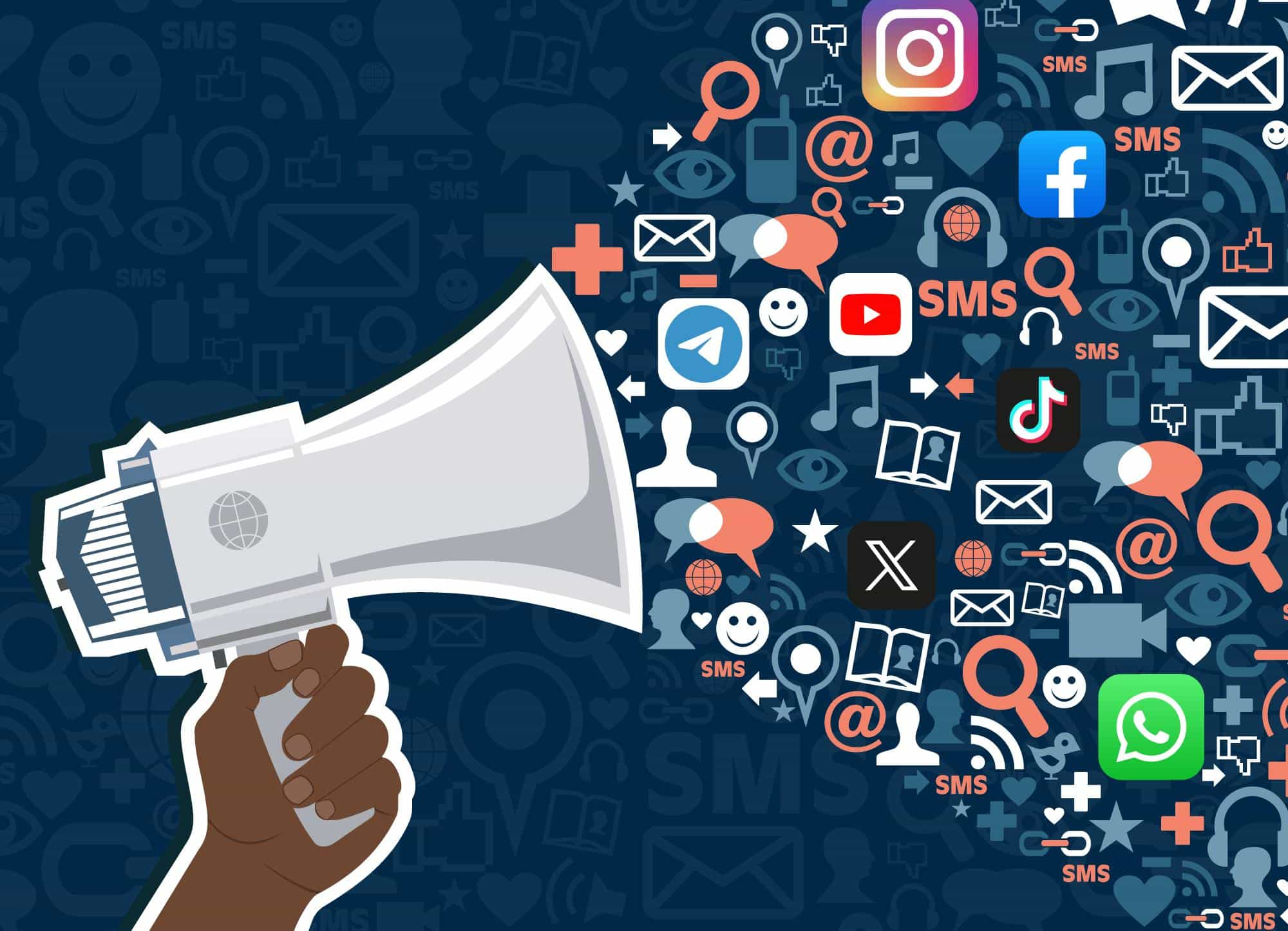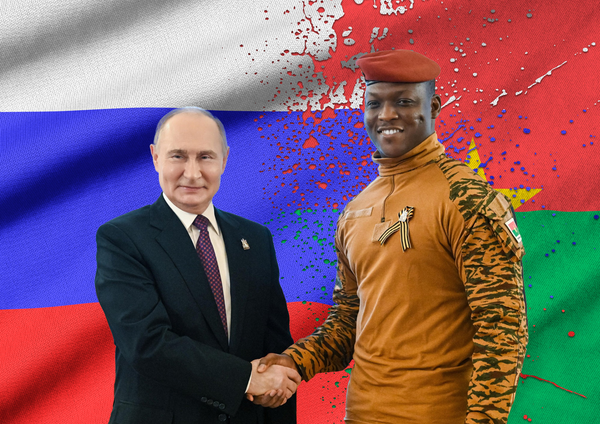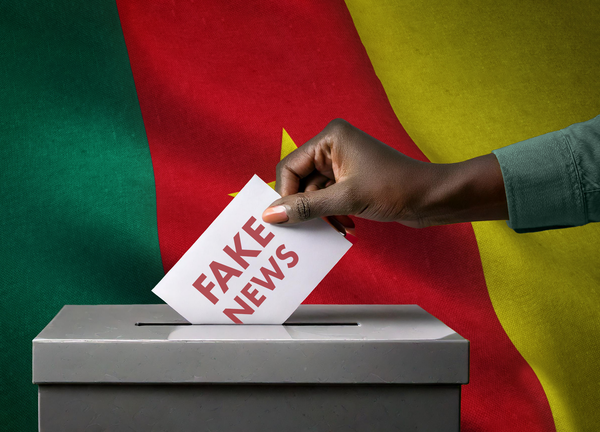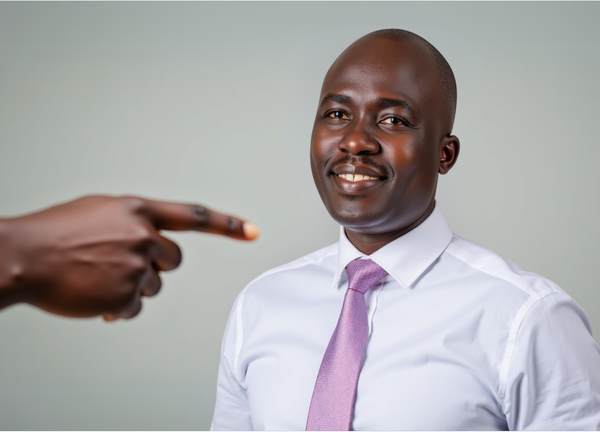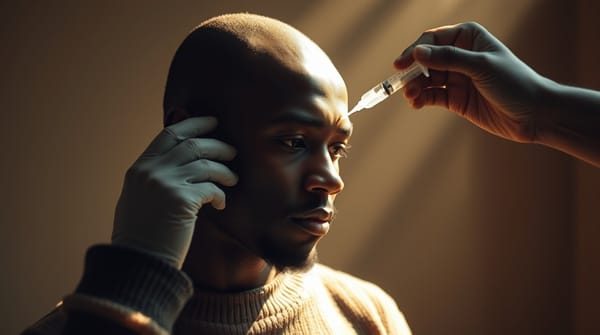The freedom of expression of Burkina Faso closely follows Egypt and Côte d'Ivoire
The Minister of Communication, Culture, Arts and Tourism, Jean Emmanuel Ouédraogo is arrested on the issue of legal supervision. The latter limits the harmful effects of freedom of expression.

There are many press and information regulation in Burkina Faso. However, we can identify some weaknesses inherent in the system. Among them, we note the non-mastise in the identification of telephone networks subscribers, the absence of a consultation framework between digital players, low collaboration with GAFAM (Google, Apple, Facebook, Amazon and Microsoft).
The Burkinabè Minister of Communication, however, claims that there is a legal framework implemented by teams competent in the matter.
To go further in this logic, the government works on a project of reform texts on press freedom. They will soon be transmitted in the form of recommendations to the Legislative Assembly. Control is at the heart of these new orientations. Especially on the Facebook social network. Indeed, one of the ideas concerns the reinforced control of the Facebook pages bringing together a large number of subscribers. This provision is already the subject of laws voted in Côte d'Ivoire and Egypt.
Côte d'Ivoire legislates on the pages bringing together more than 25,000 subscribers, against more than 5000 for Egypt. The control mainly relates to the nature of the messages and to the content disseminated on these pages to the many subscribers and in fact to high visibility. Amnesty International publishes an article on the subject of human rights in Africa.
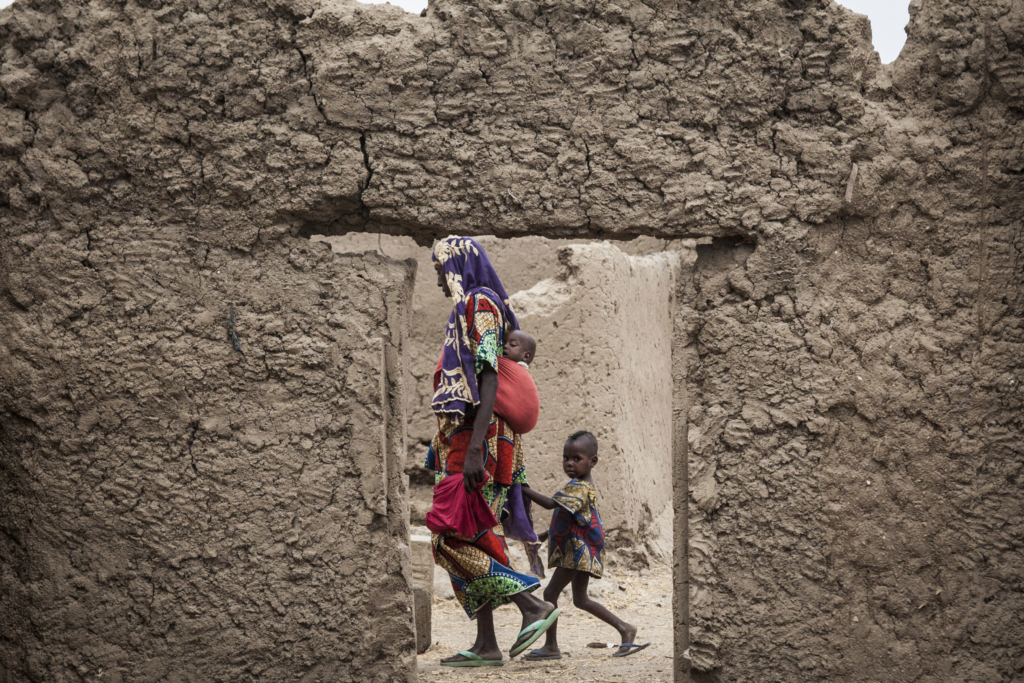
Is freedom of expression on social networks threatened?
A platform control is already in place and makes it possible to combat hate speech and discriminating. The States wish to control the content broadcast on social networks in turn and send a completely different message to Internet users.
In general, Africans are rather favorable to the impact of social media on their daily lives. It is noted on their perception of political subjects. Indeed, according to a study by Africabaromer dating from 2022, "the respondents say in their majority that social media informs users about policy (89%) and contribute to people's political empowerment (73%). On the other hand, they believe that social media predispose people to believe more easily in false information (75%) ”.
Africans are therefore perfectly lucid on drifts related to social networks. Reinforced control on the part of the States can send a negative message in terms of respect for freedom of expression. Hopefully that she does not follow the steps of her big sister the freedom of the press that suffers on the continent.

